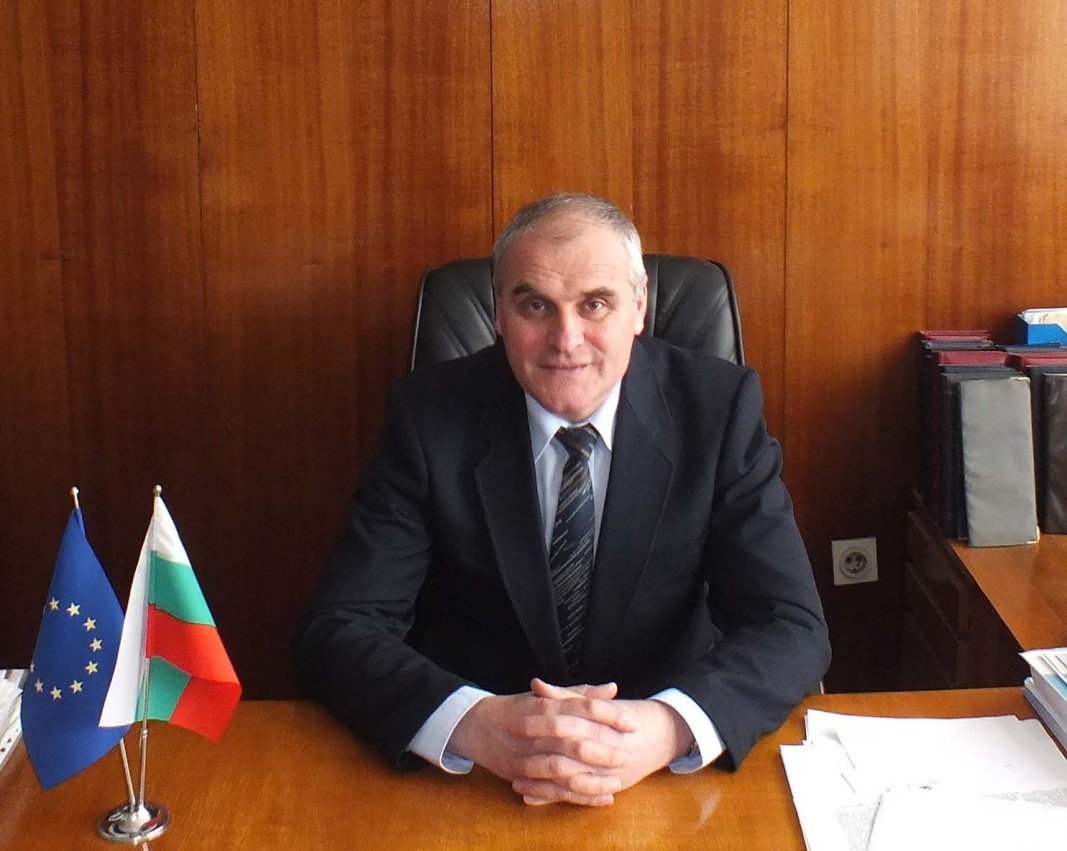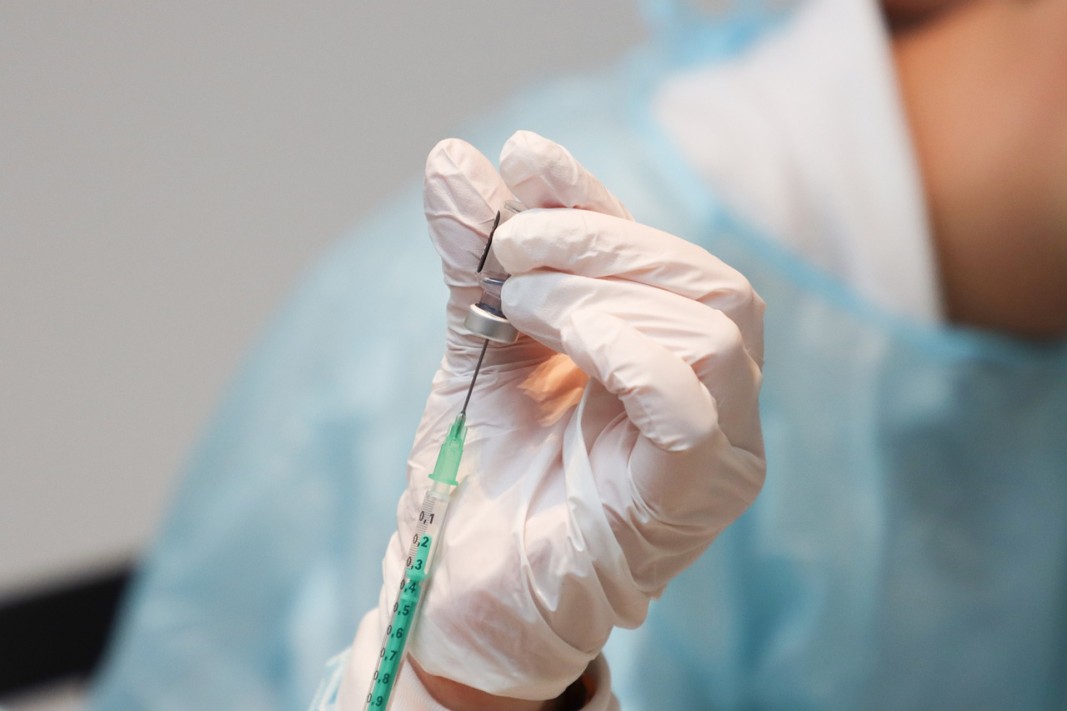Last week’s news that there is a new coronavirus mutation, Omicron, shook the world and many countries wasted no time and started closing their borders. This latest variant seemed to take us right back to where we started two years ago, when the first cases of the disease that turned our lives around appeared in China.
What lies in store for us all? Virologists and epidemiologists are yet to seek the answer to the numerous questions the new variant raises.
Experts say that what makes this variant different from all other coronavirus variants is that it has 32 mutations in the spike protein. Which means it could evade the vaccines now in existence which create antibodies against the protein of the first version of Covid-19, meaning that the current vaccines may not work. A statement to that effect was made by the CEO of the manufacturer of one of the mRNA vaccines who admitted there will likely be a material drop in the effectiveness of the vaccines. On the other hand, doctors who have come in contact with the new variant say it causes milder symptoms though it spreads more aggressively. Which means people may not take note of their mild symptoms and take no precautions, spreading the virus freely.
“The fears are rooted in the fact there exists a high risk of reinfection,” Prof. Hristo Naidenski from the Bulgarian Academy of Sciences Department of Infectious Microbiology said for the BNR.

“The multitude of mutations in practice afford the virus a much higher reproductive potential and make it much more contagious, which in epidemiological terms means people who have had Covid-19 and have recovered and people who are vaccinated could be affected. The challenge to science is that there is a gene that can be diagnosed using a PCR test – through the missing “S” gene. What has been proven with this variant is that a mutation that is shared by the Beta and Gamma variant reduces the ability of antibodies to connect with the “S” protein. And that affects control of the infection and its spread.”
What is known about the infection at this point is that it causes a scratchy throat, a dry cough, and muscle aches. It is not yet known to what an extent and whether the vaccines administered will affect the severity of the infection caused by Omicron. And whether the therapeutics applied now will be effective against it:
“It is high time the vaccine was updated because several variants have emerged and the immune system is unable to respond effectively to the existing epidemiological background,” Prof. Hristo Naidenski says. “To be more effective, vaccines should be adapted to the virus currently in circulation. Of course, there is good news as well – clinicians in Canada and South Africa say that it causes milder symptoms. What is worrying is its rapid spread which would mean it will find fertile ground among the immunocompromised and people with underlying health conditions.”

It is still too early to tell what the Omicron mutation will bring. Until then specialists are adamant that all anti-epidemic preventive measures must be observed.
Photos: Pixabay, BAS
World Radio Day - 13 February, this year is dedicated to climate change. The choice is no coincidence—2025 has been identified by the Paris Agreement as a crucial year for humanity to achieve its long-term goal of limiting global warming to a maximum of..
“On 13 February this year, Bulgarian consumers must not shop at any of the grocery stores, at any of the chain stores, at any of the supermarkets! On 13 February grocery stores must be left empty, with not a single buyer in them,” the organizers..
A team of 12 Bulgarian 11th grade students, led by Elitsa Pavlova, won first place among participants from around the world in the prestigious Live in a Healthy Space Design Competition organized by the National Space Society (NSS)..
The festive service for the consecration of the new Bulgarian Orthodox church in London is led by His Holiness Daniil , Patriarch of Bulgaria, who also..
The Martenitsa Festival was held in Brussels f or the third consecutive year . Cultural organizations from Bulgaria, Romania and Moldova presented their..
Exactly 3 years ago, on February 24, Russia’s invasion of Ukraine began – an event that woke up Europe 77 years after the end of World War II and called..

+359 2 9336 661
